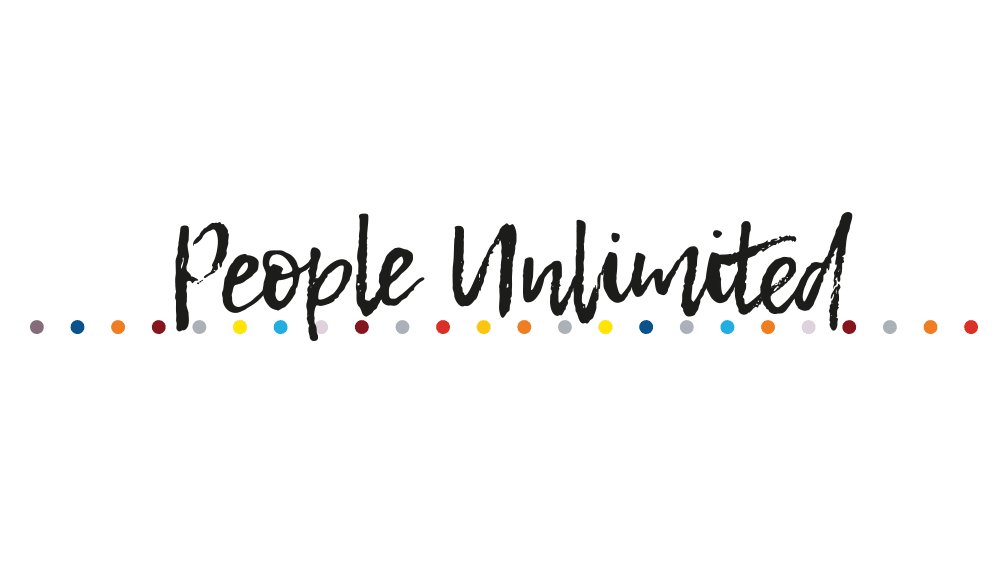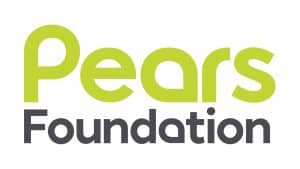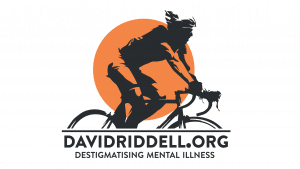People Unlimited (formerly known as Healthy Teen Minds) have co-produced national projects with hundreds of young people, the majority of whom had never participated in ‘traditional’ engagement before. On 22nd March 2023, we brought together members from the Children and Young People’s Mental Health Coalition (CYPMHC) with People Unlimited and its Young Advisors Laura and Jenny, to look at the importance of co-production.
In this blog, co-produced by Young Advisors Laura Collins and Rebekah Barnett, we will look at what is co-production and explore why it’s important to engage young voices in co-production.
People Unlimited and the difference they are making
The Access Team at People Unlimited are a group of young people (16 – 25) with lived experience of accessing support for their mental health. They are employed to bring expertise from this experience to co-design and co-deliver People Unlimited’s approach to co-production (including research, engagement, training, and facilitation). Above all, they are committed to influencing a positive mental health culture in the organisations they work with and making a meaningful difference.
Young people’s voices are extremely valuable in shaping future mental health support services and help ensure the changes made reflect the actual needs of young people today who access support in a mental health crisis.
Young people’s perspectives
Not only is it extremely valuable to listen to what young people with lived experience have to say, but the young people can find it incredibly rewarding to share their experiences to make a difference to the care that future young people in similar situations receive. Being listened to and included in the entire process, from planning to consultations to feedback, is validating and rewarding for these young people, who work hard to help make a difference.
At People Unlimited, they feel heard and validated throughout. As one Young Advisor, Becca, put it: “As a young person, building trust comes as a result of being listened to. Not just once, but repeatedly. Working in co-production within People Unlimited enables me to turn my negative experiences into positives for future children and young people in a crisis. This makes me feel validated and like we make a difference for others.”
So, what is co-production then?
The essence of co-production is allowing people with that lived experience to get involved in shaping the resources that are designed to help them.
Transparency is so important to avoid tokenistic involvement of young people because it ensures that they are included at every stage and given full information about what is going on, why this is happening and how their voices are helping develop future resources. It is also really important to recognise the skills and knowledge a young person can bring to their role, which should be seen as equally as important as their lived experience. This means seeing the person beyond just their mental health problems whilst still recognising how valuable that lived experience is.
Young people know their struggles best because they are personal to each individual. Lots of conditions manifest differently within different people so getting a range of people with lived experience means that you’re able to create resources that work for as many young people as possible. Accessibility is a key part of this, ensuring that young people can communicate their lived experience in a way that works for them. People Unlimited recognise the importance of inclusivity and adaptability in allowing those who might not otherwise be able to share their experiences to do so.
Looking ahead
Too many places are still not doing this and, thus, not implementing co-production fully and authentically. This only leads to resources or plans that don’t actually meet the needs of young people and will keep happening until the voices of the young people receiving that care are heard and acted upon.
One of People Unlimited’s Young Advisors, Laura, summed it up: “It is so refreshing and encouraging to have a company that involves us with the whole co-production process and sees our lived experience as an asset and not a barrier. Being listened to like this gives me hope that future young people will get the care they need when they need it the most.”
Authors: Laura Collins and Rebekah Barnett
Resources
People Unlimited have shared some useful guides and resources to help with creating a co-production approach and delivering best practice.
The SUN Network: Co-production and Involvement Best Practice Guidance
Guide to help create an understanding of the meaning, differences and benefits of co-production.
McPin Foundation: Successfully co-producing research
Review of research using a co-production approach, which are rarely documented, with shared learning.
Esmee Fairbairn Foundation: Values for co-production between Young People and Organisations
10 values for co-production between young people and organisations. In this blog, Thalia and Betty, from the Collective, share how the work developed as well as their hopes that it will help to start conversations on best practice.
National Collaborating Centre for Mental Health: Working Well Together
Evidence and tools to enable co-production in mental health commissioning.
Common Room: How to manage research and participation projects: The ethics according to young people
Key findings from 20 online interviews undertaken with young people by Common Room North (October and November 2020), exploring ethical considerations when involving young people in participation, research, and coproduction.






